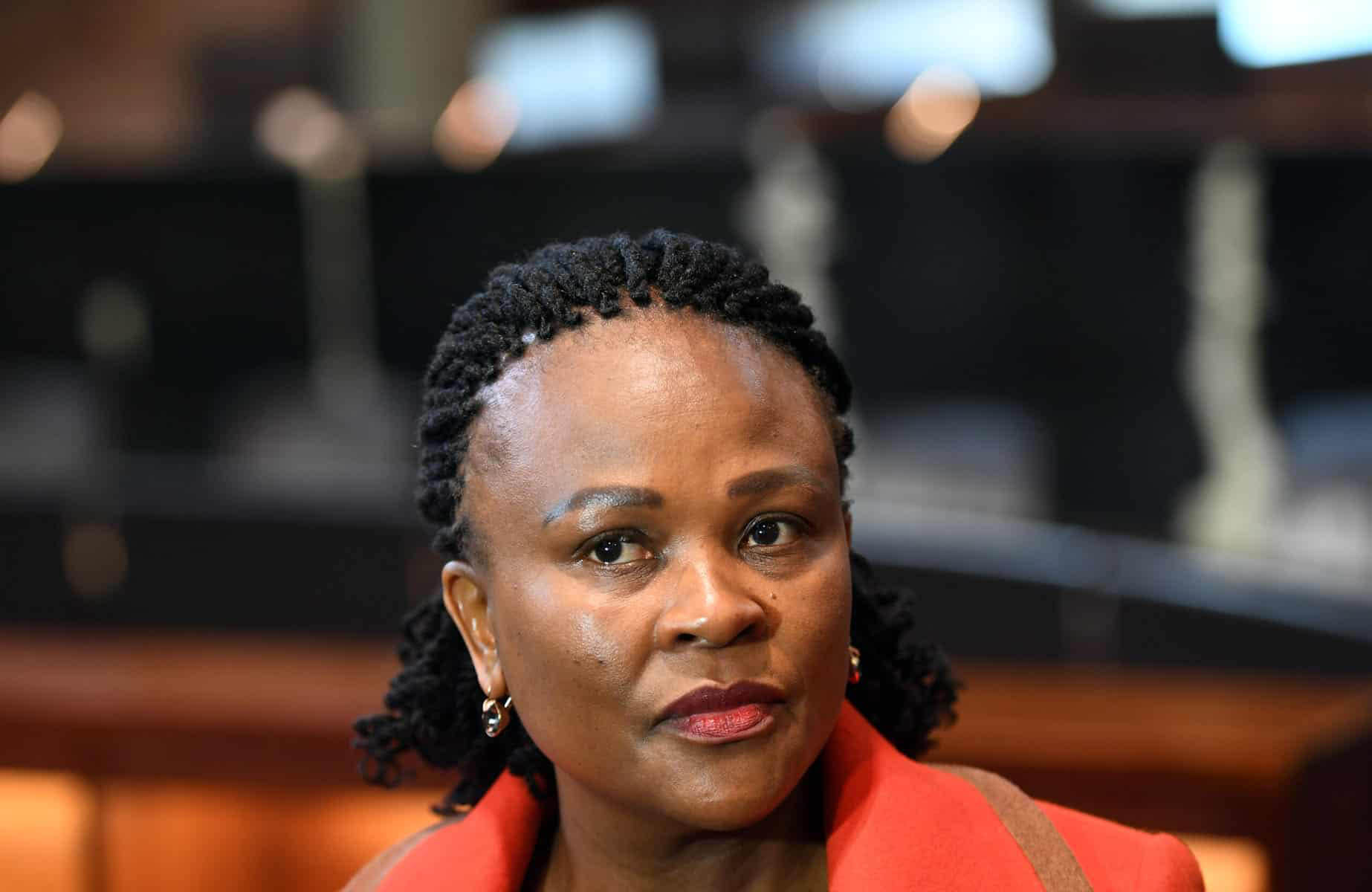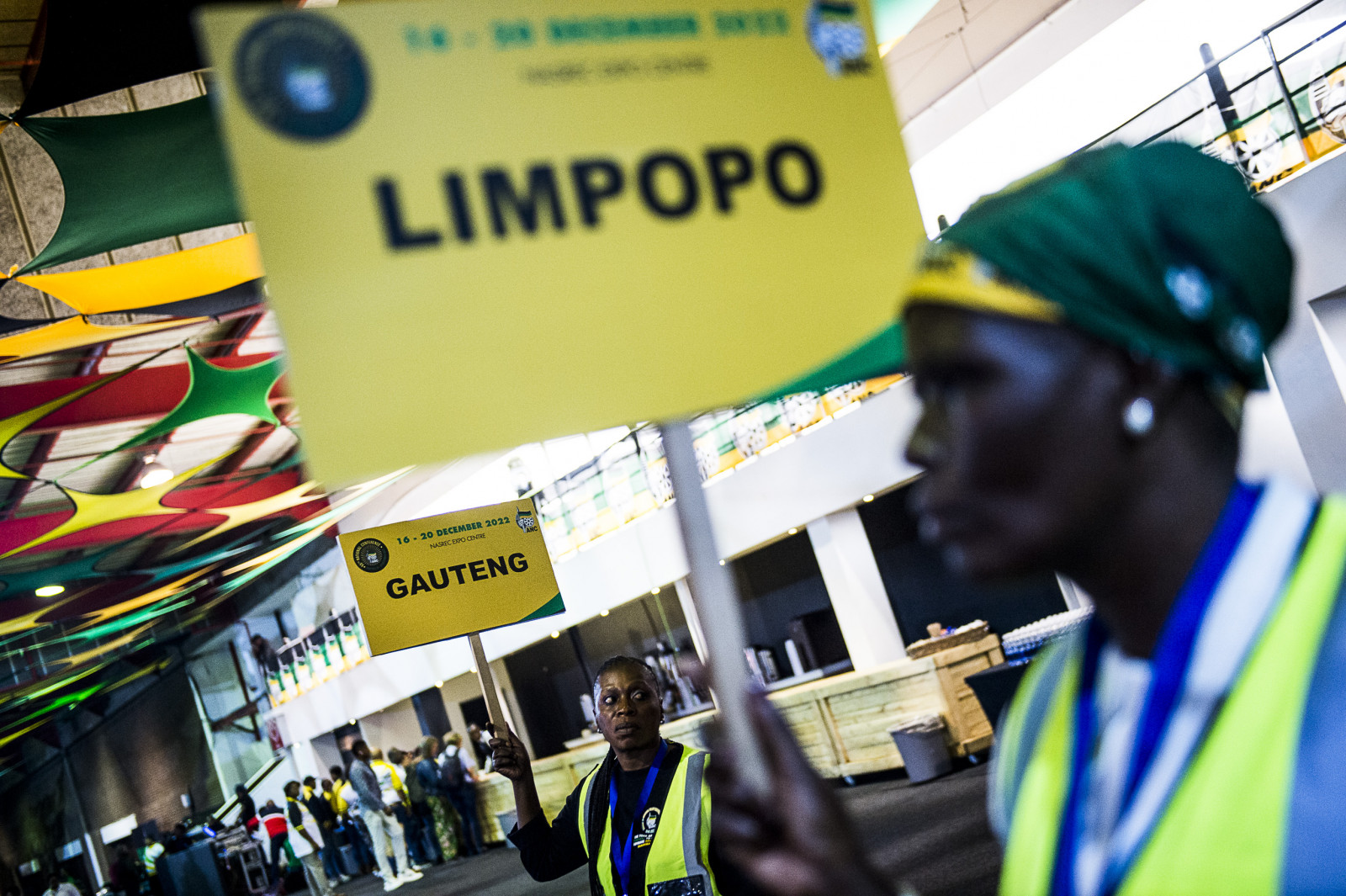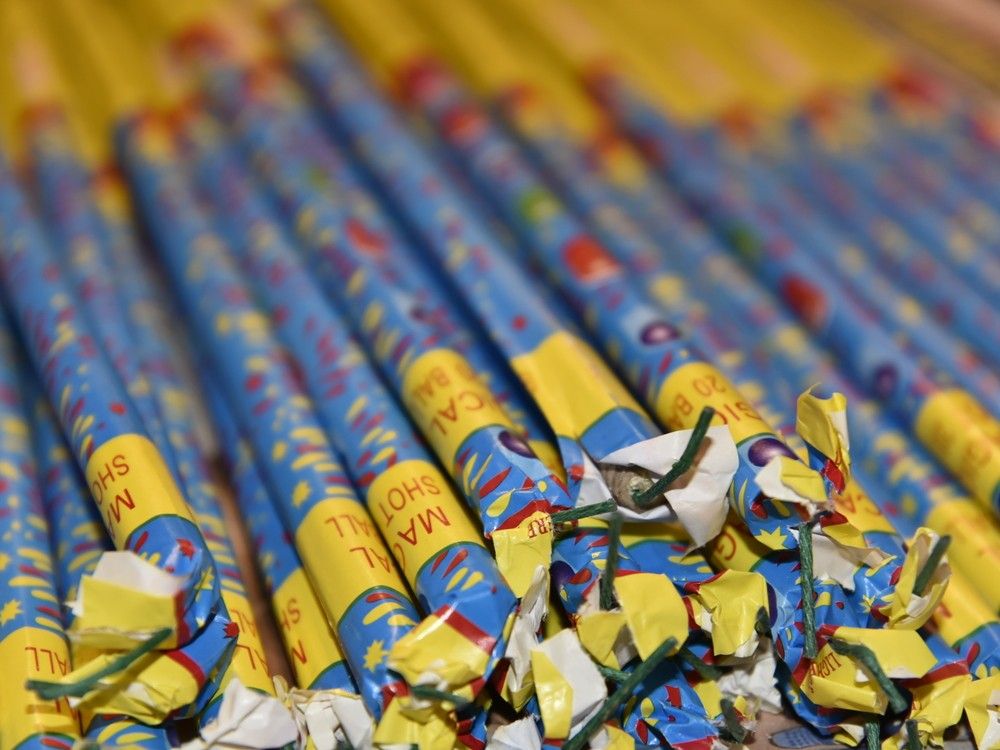The charges of impeachable misconduct and incompetence against suspended Public Protector Busisiwe Mkhwebane have in the main been sustained, the parliamentary committee probing her fitness for office concluded on Sunday.
This includes the charges that she misconducted herself in the investigations into the Vrede Dairy farm scandal, the Bankorp-CIEX matter, the CR17 campaign and the so-called “rogue” intelligence unit within the South African Revenue Service.
“The committee for Section 194 Enquiry into Public Protector (PP) Adv Busisiwe Mkhwebane’s fitness to hold office, finalised its deliberations today which will inform its draft report and found that evidence sustains the charges of misconduct and incompetence in some respects,” the committee said in a media statement on Sunday evening.
It spent Friday and Sunday weighing evidence that has been placed before it since last July when the inquiry got off to a delayed start, due in large part to court applications Mkhwebane launched to challenge the process.
The legal advisor to the committee, Advocate Nazreen Bawa, will now draft the preliminary report that will be submitted to Mkhwebane for input, before it is tabled to the National Assembly.
Committee chairman Qubudile Dyantyi said the report would be given to the members of the committee by Friday, or perhaps next Monday for perusal before it is sent to Mkhwebane.
On the Vrede matter, the committee on Sunday dwelled on the fact that Mkhwebane raised funding constraints as a reason for not further pursuing her investigation – her final report that made no findings against high-level politicians – but in the same period spent vast sums on litigation.
Bawa noted that in this period, Mkhwebane pursued a case against Democratic Alliance MP Glynnis Breytenbach alleging that she had been a spy at a cost of almost R2.3 million.
“Quite a bit of that was incurred during the period in which there wasn’t money to deal with the Vrede matter.”
DA MP Kevin Mileham commented that it seemed clear that Mkhwebane chose to spend her office’s resources on political crusades and litigations she was bound to lose rather than the work that forms its core mandate. ANC MP Bekizwe Nkosi agreed, saying she had shifted resources from other programmes to legal resources.
The Vrede report was taken on review by the DA and the Council for the Advancement of the South African Constitution and set aside in 2019.
In her judgment, judge Ronel Tolmay said Mkhwebane had “side-stepped all the crucial aspects regarding the complaints” and failed to carry out her constitutional duty.
That ruling and the courts’ withering pronouncements in review proceedings on the CR17, SARS and Bankorp-CIEX reports formed the spine of the charge sheet before the committee. Members agreed that her reports, particularly in the SARS matter, showed that she lacked impartiality and was prone to embarking on an investigation with a particular outcome in mind.
While hearing evidence of the SARS investigation, the committee was told Economic Freedom chief whip Floyd Shivambu gave the public protector a copy of a classified report of the office of the inspector-general of intelligence (OIGI) on SARS.
Ponatshego Mogaladi, the former executive manager of investigations at the office of the public protector, told the parliamentary inquiry Shivambu sent her the top secret report through email and WhatsApp after a meeting on 8 December 2018.
Shivambu was the complainant in this investigation and alleged that former finance minister Pravin Gordhan had “willingly established an intelligence unit against the intelligence laws of South Africa”.
Mkhwebane concluded that this was the case and her report was overturned by the high court in December 2020. The court found that she “allowed her important office to be used to try and resuscitate a long-dead fake news propaganda fiction”, and said she had been dishonest about having a copy of the report office of the inspector-general of intelligence.
She never admitted to having the report but wrote instead that she knew “on very good authority” what the office of the inspector-general of intelligence’s adverse findings regarding the unit were.
The high court found it questionable that Mkhwebane could blindly rely on something she had not seen, or been able to verify. But, it noted in its judgment, this did not turn out to be the case because her counsel stated in their third set of heads of argument that she had “carefully studied the OIGI report”.
When they were confronted with the contradiction between this statement and their client’s version, they conceded that the classified report was in Mkhwebane’s possession.
“The public protector now claims that she subsequently received the OIGI report from an anonymous source who left it at her offices. This turn of events is disturbing to say the least and it is difficult to label the public protector’s conduct in this regard as anything else but dishonest,” the court said.
On Sunday, MPs agreed that it was highly implausible that the report was left at Mkhwebane’s office by an unknown source and that receiving and reading it amounted to misconduct. ANC chief whip Doris Dlakude said the matter of the leaked report could not be ignored, and should be investigated by the State Security Agency.




















Discussion about this post